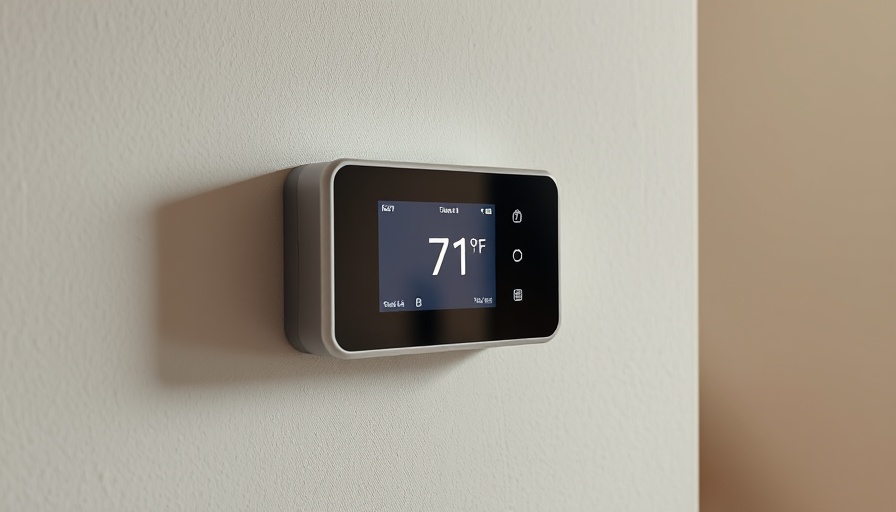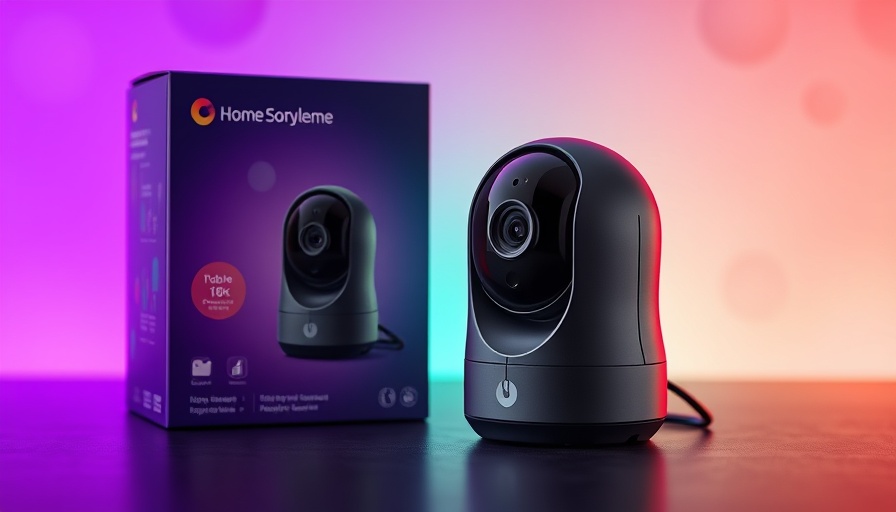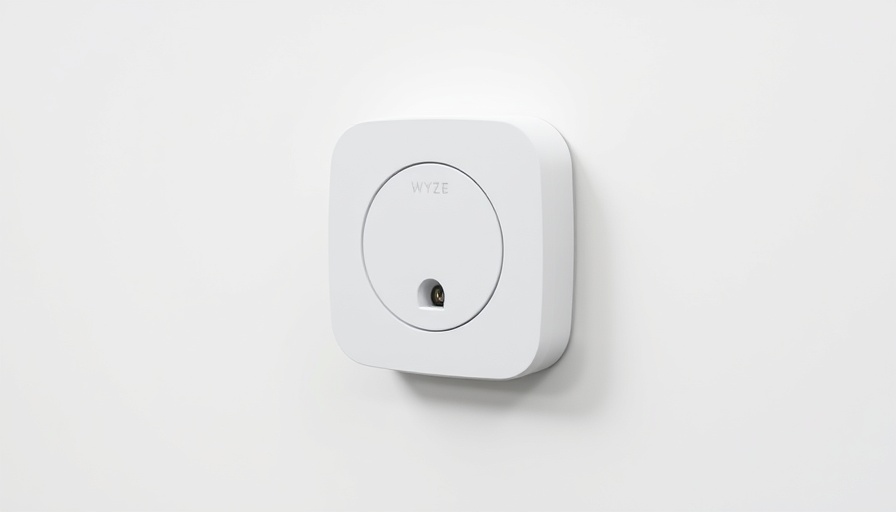
Google Nest's Game-Changing Shift for Older Thermostats
As the world increasingly moves toward smart technology and sustainable living, such advancements often come at the cost of older devices. Recently, Google Nest announced that it will discontinue app support for its early-generation Nest Learning Thermostats, effectively stripping them of most smart features by October 25, 2025. This decision represents a significant shift not just for Nest users, but also signals broader implications for the smart home device ecosystem that homeowners and businesses invested in green technologies need to recognize.
What This Means for Existing Nest Users
For individuals still using the first generation (2011) and second generation (2012, European version 2014) of Nest Learning Thermostats, the loss of app support means just that — no more smartphone controls, no alerts, and no connectivity with other smart appliances such as the Nest Protect smoke detectors. Once the app support is removed, these devices will essentially revert to basic thermostats, which can still be manually adjusted but lose their full functionality. The decision leaves early adopters feeling somewhat abandoned, highlighting the importance of keeping up with technological advancements.
Energy Efficiency and Technology Dependence
In today's energy-conscious society, ignored technology can lead to increased overall energy costs. With automated scheduling, real-time alerts, and smart connections being integral to optimal energy usage, transitioning away from such features can imply a step backward environmentally and financially. Homeowners looking to adopt or continue their green energy lifestyles must now evaluate their options. They may either upgrade to newer models with comprehensive features or consider integrating different eco-friendly solutions that can compensate for the loss of smart controls.
Understanding If You’re Affected
While identifying your device is straightforward, many users may be unaware that they are using an outdated model. The older Nest Learning Thermostats have distinct, bulbous shapes compared to their successors. Users can check their installation plates for identifying marks. However, Google Nest also has provided guides to alleviate confusion. Being proactive in identifying your thermostat's generation will be vital for consumers deciding whether to upgrade or retrofit their existing units.
The Upgrade Dilemma: Is It Worth It?
The natural question for many is whether upgrading is a financially viable move. On one hand, newer models boast not just improved software functionality, but also higher energy efficiency standards. This advancement can lead to long-term savings on utility bills. However, the initial investment required may deter concerned homeowners. As energy needs evolve, technology upgrades will reflect both climate needs and personal preferences for sustainability. Weighing the pros and cons can help you make an informed decision on whether to keep or replace.
Broader Implications for Smart Home Technology
Google Nest's decision raises important considerations for technology longevity in smart products. With a growing trend leaning toward smart home technology, consumers and businesses must understand the reliance on updates and ongoing support. The concept of “planned obsolescence” gradually becomes more common, and potential buyers need to stay informed about the lifecycle of devices. Evaluating future purchases based on how long applications and software will be supported becomes essential for anyone aiming for a truly sustainable home.
Embracing Future Smart Technology
As we prepare to transition to a technologically sophisticated and environmentally responsible lifestyle, embracing the latest smart technology not only upgrades user experience but also enhances energy efficiency. As Google Nest showcases, intelligent products may eventually refuse to accommodate outdated technology, necessitating proactive engagement from consumers. Resourceful homeowners can not only adhere to sustainability principles but also leverage the latest developments in smart tech for a more optimized energy landscape.
The recent announcement from Google Nest regarding the discontinuation of support for older models acts as a wake-up call. With changing standards and consumer expectations, it's crucial to stay informed about the technology landscape. If your home still relies on outdated Nest models, consider evaluating efficient replacements that meet your environmental commitments and smart home needs. Continuously engaging with smart home advancements can secure your home’s future efficiency and sustainability.
 Add Row
Add Row  Add
Add 



Write A Comment